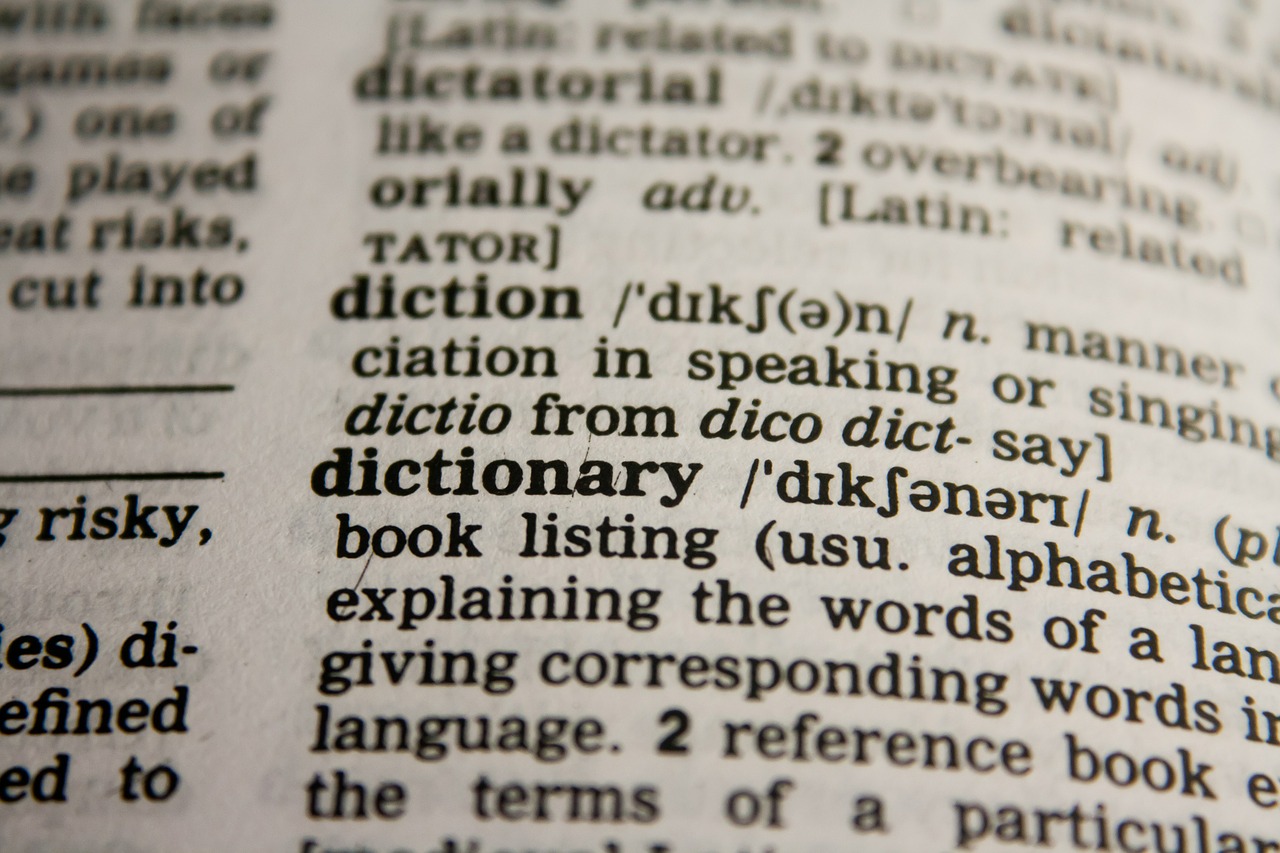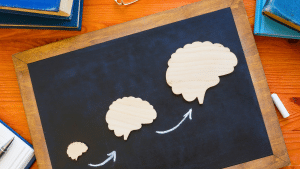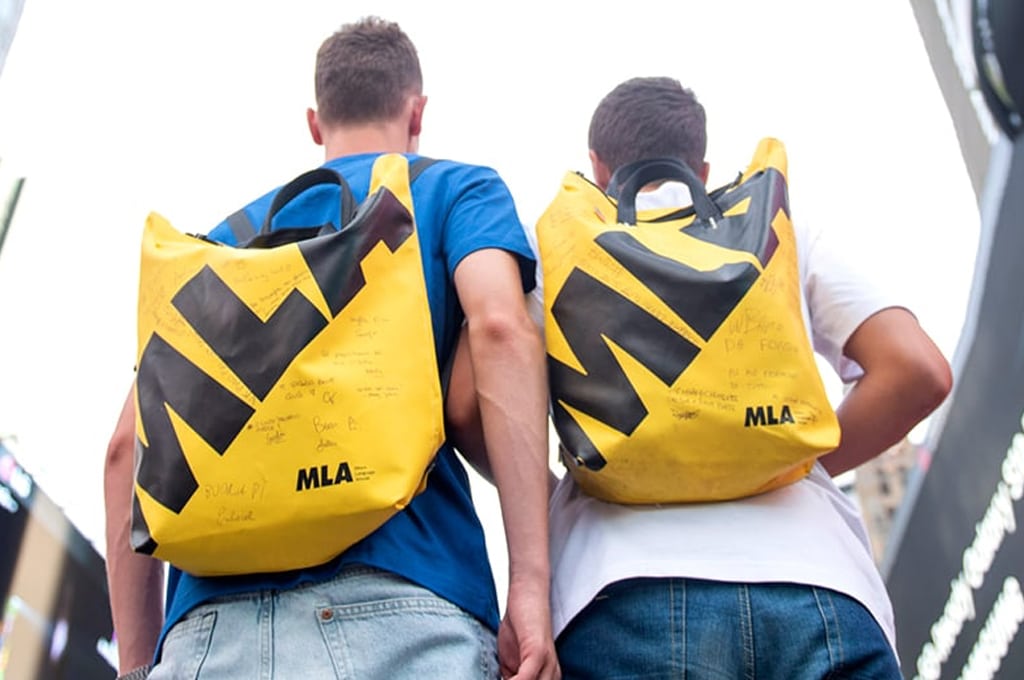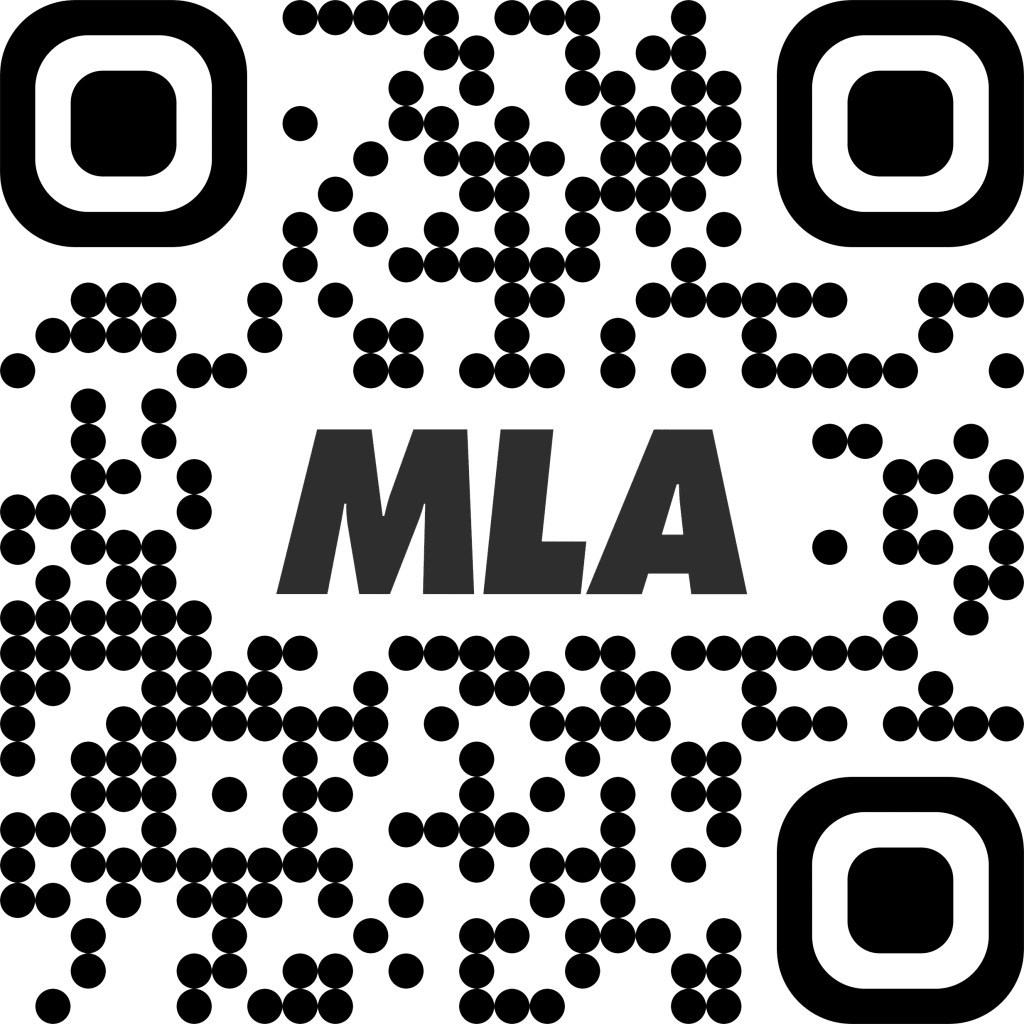The dictionary has long been recognised as a useful learning tool. Its basic function is to describe the meaning of words, illustrate how they are used in context and indicate how they are pronounced. They often include information about spelling, etymology, usage, synonyms and grammar, and sometimes have illustrations too. In addition to providing the meaning of a word, they usually have study pages with useful notes about common problems, lists of irregular verbs, some have conventions about letter writing, and cross references to synonyms and antonyms.
Without a doubt, a well-used dictionary is an invaluable tool for the language learner!
However, whilst many would agree that dictionary skills should be integrated into the English syllabus and even taught explicitly in class, from my own experience, seldom is this tool fully utilised in the classroom. Teachers undoubtedly play an important role in bridging the gap between lexicographers and unskilled learners of English, and part of the job of a good language teacher is to learn how to do so effectively.
Current trends in teaching promote communicative methodologies; ‘risk-taking’ and guess work, in which the learner is encouraged to deduce the meaning of unknown words from the context as a learning strategy almost goes against the ‘normal’ use of the dictionary. Dictionaries provide right answers, exact meanings, correct spelling & pronunciation leaving no scope for error. This can make them appear authoritarian and intimidating to both the learner and the teacher.
Why not use these questions to make an honest self-evaluation:
1. Do you have a set of dictionaries that you can access during class? Are they monolingual or bilingual dictionaries?
2. How often do you ask students to use dictionaries in class?
3. What sort of information do you ask students to check: spelling, grammar, or pronunciation?
4. Do you use the sample sentences to reveal further information about the lexical item e.g. collocations, colligations etc.?
5. To what extent do you think the use of dictionaries can be enjoyable in class?
6. Would you ever discourage a student from using a dictionary in or outside the classroom?
Having made this self-evaluation, there are other practical things teachers can do to make the dictionary a useful resource. They can be used as a basis for role-plays, debates, discussions as well as other language activities; more than just a reference tool, it can be a springboard for all sorts of communicative activities. For helpful ideas, check out John Wright’s ‘Dictionaries’, part of the series Resource Books For Teachers. Designed for the ELT classroom, it is full of challenging yet fun and useful activities for a range of levels and activities.
Students need training and guidance with dictionaries. Learners benefit from regular dictionary use in small doses rather than stand-alone extended sessions. Frequent use provides opportunities for learning, but students will not automatically learn the various codes and how to get more out of their dictionary without training. But of course, in order to empower our students with this tool, we must first learn how to use them confidently as teachers ourselves.
Daniellar Amoah
UK Academic Manager










